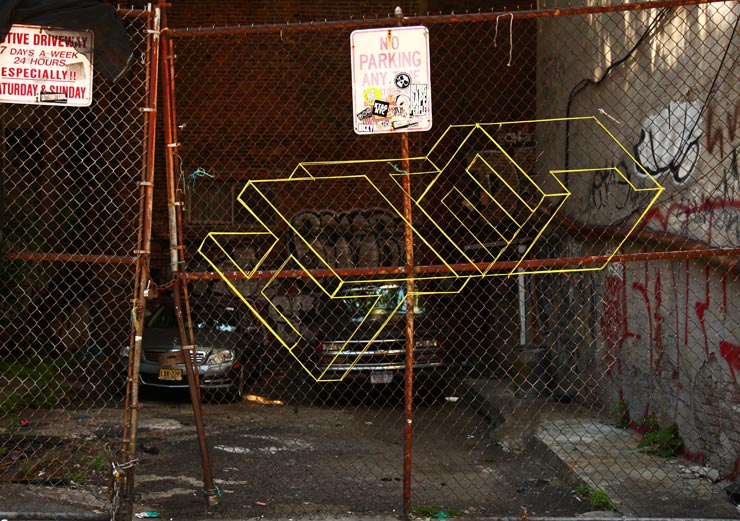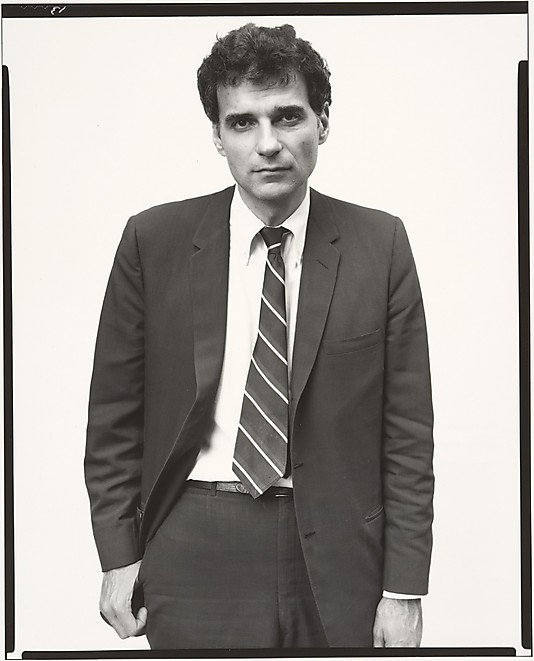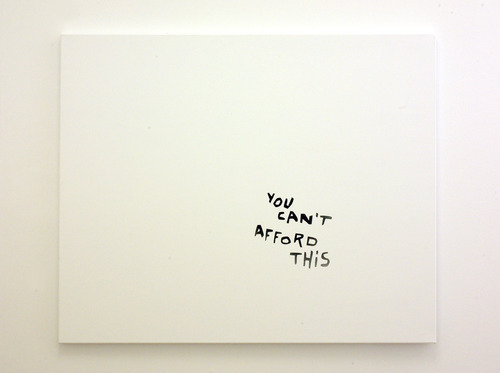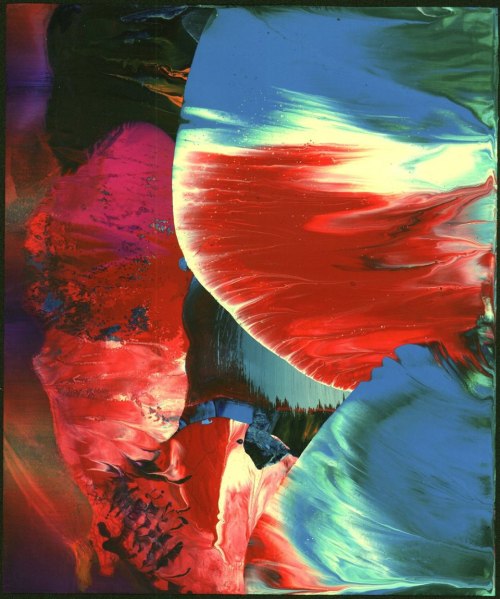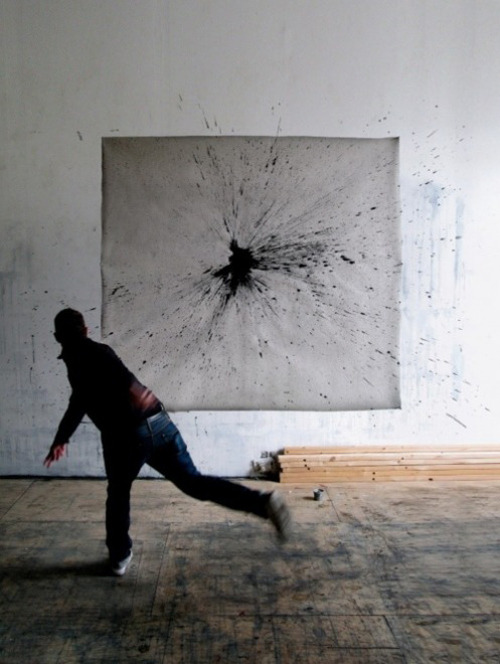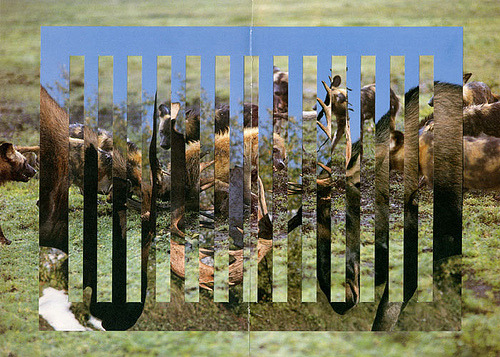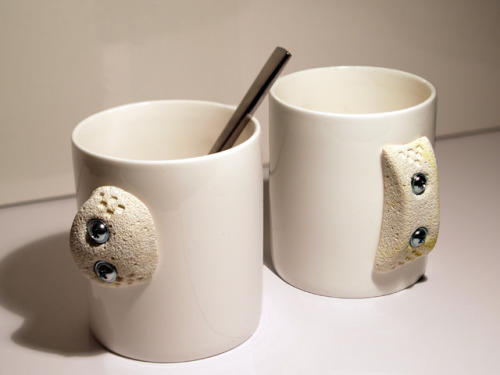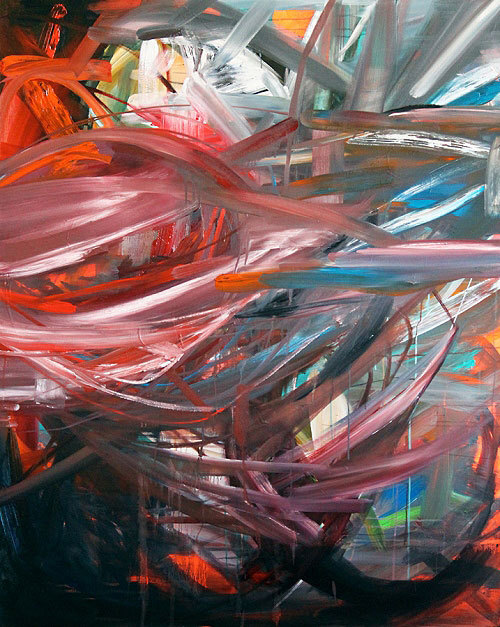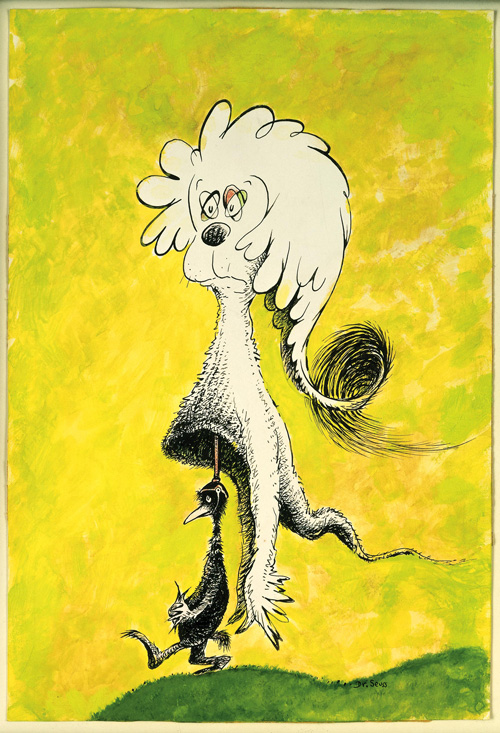This year we'll be posting "Contributor Notes": interviews and guest posts from the writers and artists of Versal 10. This week's installment features Brandon Shimoda, a poet whose crossings with Versal
start (and persist) deep in the Rocky valleys of Montana.
Have you been to Amsterdam? What did you do while you were here? If you've not been yet, what do you think you'd do in our fair town?

Here’s a photograph of me and my sister in the Netherlands, somewhere on the outskirts of Amsterdam. We’re standing on a road narrowing onto a levee before a row of windmills alongside a body of water. It doesn’t seem like anything is in bloom, but mud, grass wet and dry at once, sky white with heat, but it is cool—I’m wearing my Yankees jacket, my sister her white sweater, buttoned at the top. The photograph is from the early 1980s. We were living then in Overijse, outside Brussels, in Belgium. This is where my memories begin. Splitting my head open on the school bus. A neighbor girl with curly blond hair I loved and had a tea party with. A house with thirty cats. Hair and bees in amber light. A rectal thermometer. Horse chestnuts. A piece of chocolate on a roof. A pile of sugar on a counter. My father making green eggs and ham. A stuffed bear in a cardboard egg. Falling in love with my sister’s friends. My sister having to wipe me. Falling asleep beneath paintings. Reading
The Fox and the Hound with my mother. We visited Amsterdam. I don’t remember the visit, or what we did. If I were to visit now, I would find Megan Garr and Shayna Schapp and with them have a long, disorganized meal, plates stacked atop plates, or none, but with a vinyl record skipping in the other room. Plus, I have always wanted to see Van Gogh’s
Wheatfield with Crows (1890).
What is the first creative thing you ever did?
I took everyone’s shoes—off their feet, or from where they were scattered around the house—and placed them in a circle, toe-to-heel, interspersed with blocks of wood light dashes cut off a 2x4, on the navy blue carpet in the basement. Then I laid in the middle of the circle of wood and shoes, on my stomach, my arms at my sides, one cheek to the floor, and fell asleep.
What is the dumbest thing anyone has ever said to you about being a writer?
About ME being a writer or about THEM being a writer? I’m sure plenty of people have let slip dull, ignorant, ill-formed, ill-informed, judgmental and/or preposterous things about being a writer—including and especially ME! Though I’m not sure anyone has ever said anything DUMB. Looking at the word now, I’m reminded of DUMBO and DUMP, which makes me think of an elephant taking a shit.
If you were an angle, what kind of angle would you be?
There’s a poet here in Tucson, Arizona—where I live—named Renee Angle. I don’t know her very well, or at all, but I’ve always been interested in her work and what she does, and I suppose it is not totally impossible that we are twelfth, thirteenth or even fourteenth cousins, which, if true, would make me genetically something of an Angle already.
If you could meet a writer from the 15th, 16th or 17th centuries, who would it be? And what would you talk about?
One of the many left out of history—the poet whose work was lost or burned or thrown away by force or spite; the one who died early, or dispelled their young self in the old; the one who was ahead of his or her time, or centuries behind, still catching up, or resigned to being dragged under, as like a pack of leaves under limbs raking water, dragging with her, or him, the generative detritus of what had been abandoned in the past by bad assumption. We would talk about music, and I would say, Listen, we’ve figured a way to catch it, to hold it! And then we would listen to what had happened since. I would start with, for example, Akron/Family:
Please Lord give me strength to be nobody…
Tell us something few people know about you.
From 1996 to 1998 I recorded hundreds of songs under the name Cactus Cooler. Singing and guitar with some piano and drums. The first handful I recorded shortly after my grandfather died. I had a malfunctioning tape recorder from Salvation Army and in the basement of the house I grew up in recorded six or seven songs after Thanksgiving dinner. After that, I could not stop. I dropped out of college, cleaned houses, lived with a recovering alcoholic and his daughter, spent time in a hospital, took a Greyhound bus cross-country and back with two friends, delivered food to shut-ins in San Francisco’s Tenderloin, and listened to and recorded music. Recently, a friend I have known since we were four years old, digitized the original songs. I have been archiving them slowly here:
The Collected Songs of Cactus Cooler. I have only recently thought this might be where the material evidence of my life as a poet begins. I played a show in Saratoga Springs, broke four strings on my guitar and ran out into the street. It was snowing, night, and the sky was pink. Yes, it most certainly is.
Other than Versal (which has clearly been awesome), what's one great place you've been published?
We Are So Happy To Know Something, made by Stephanie Anderson and MC Hyland. I love them both. Together they’ve made three volumes, all brilliant and beautiful, embodying the love and care they’ve brought to the occasion and space of each and poetry. I can feel the conversations they’ve carried on. Some of my favorite poets—Phil Cordelli, Dot Devota, Amanda Nadelberg, Alice Notley—appeared in the first two issues, so I sent poems for the third. They published five, all of which I wrote in Japan. “Published” seems here an inexact, near-bloodless word, as it does with such dwellings as
Versal or
Cannibal or
Poor Claudia or
Filter or
Muthafucka, and so on, all of which feel predicated on the present terms of life, lives—of those involved, who see first and through to what needs to be made in that present, the moment—the life, the lives, coming out.
Why did you send work to Versal? Be honest.
My friend Nabil Kashyap had a poem in
Versal 6. I read it, and the issue, while eating freshly fried doughnuts on the sidewalk outside Left Bank, an anarchist collective bookstore in Seattle. I love Nabil, his writing and his mind, and trust all three implicitly. We went to school together in Missoula, Montana. Some of Sawako Nakayasu’s Takashi Hiraide translations were also in the issue. I was convinced on the spot, and sent poems shortly after. I did not know that the editor had also once lived in Missoula. I had a poem in
Versal 8, and was especially happy to discover the issue’s cover art was by the artist Kerri Rosenstein, another friend from Missoula. We were once next-door neighbors. One day, while taking out the garbage—I had to walk past the windows of the other ground-floor apartment, Kerri’s, to get to the cans in the alley—I noticed a dark-haired girl standing at a large work table, working very intently on something: a drawing, I thought, from the way she was standing, and regarding what it was she was working on. After tossing my garbage in the can, I went around to the other side of the building and knocked on the dark-haired girl’s door. She answered and I said, Hi, I was just wondering what you were doing …
What has lasted you ten years?
“I am writing. Can you spare me ten years?” Pablo Neruda said this to Clarice Lispector in 1969.
Tell us what you're working on right now.
I’m still arranging shit on the floor. Now: my books—face-up, open, beneath a ceiling fan so that when the fan is turned high the pages of the books begin to flutter, reminding me of the condemned (malaria) house on the mountain in Belize where I spent a night with my friends Kristen and Ted, twelve years ago. The floor was covered two-inches thick with dead butterflies, and there was constantly the sound of dog’s pissing in dead grass. A family had been murdered there. The father turned out to be the murderer. The family’s clothes were still in the wardrobe and a hairbrush was resting on the bed. We drank water straight from the faucets in the bathroom. I will be living for a month this summer in southern Taiwan with the poets Dot Devota, Molly McDonald and Zachary Schomburg. We will be teaching writing to middle and high school students. The work will consist of recording the days, as it always is, the work, so the atlas can be added to—on the wall, the walls growing higher seeming thicker, so when they finally touch where we are, that is it. Also: I’m co-editing, with my friend, the poet and critic Thom Donovan, a retrospective collection of poetry and prose by Etel Adnan, due to be published by Nightboat in 2013. And also, little-by-little, I am writing a book of non-fiction about my grandfather. I don’t know really what is working …

























